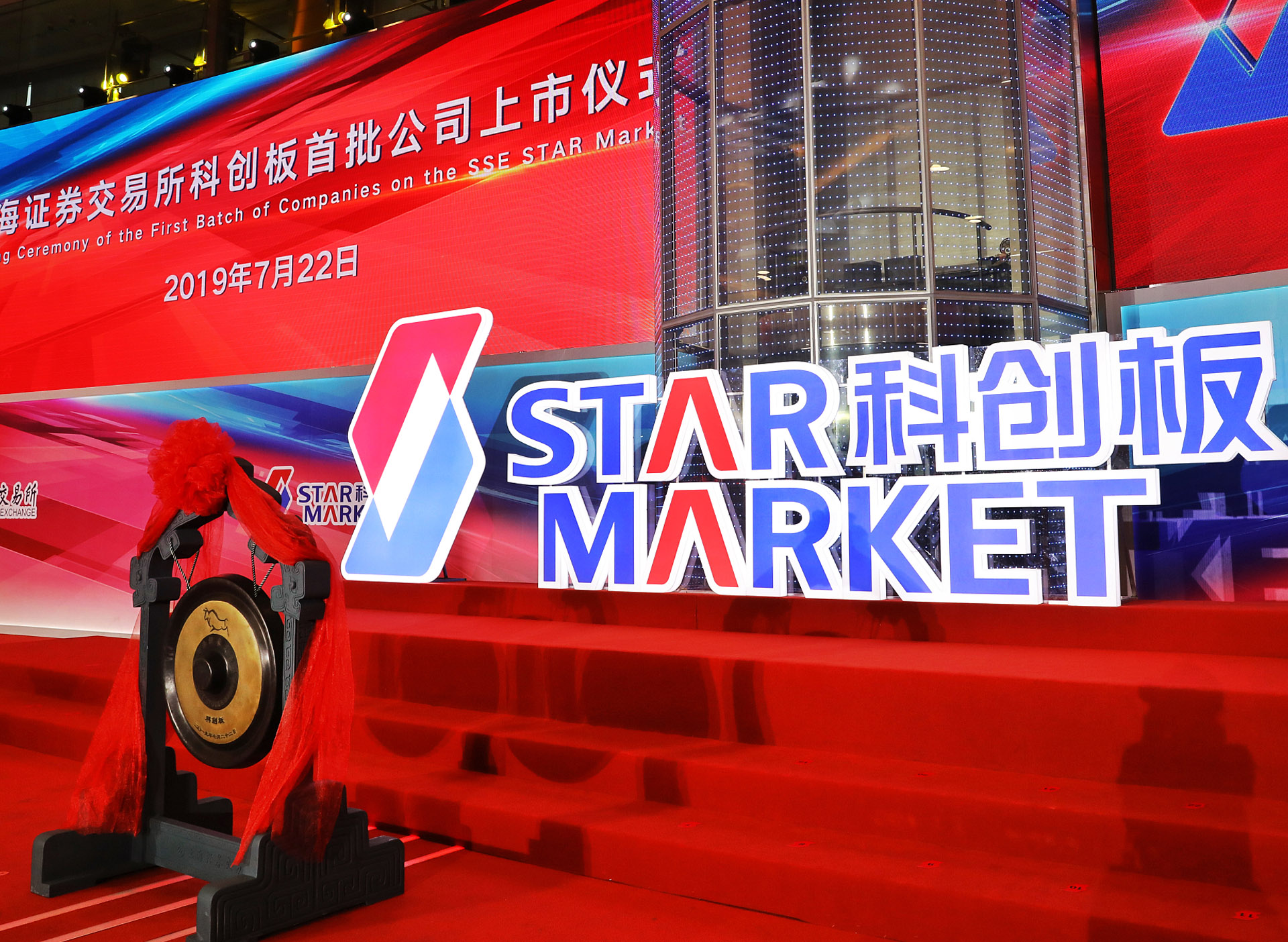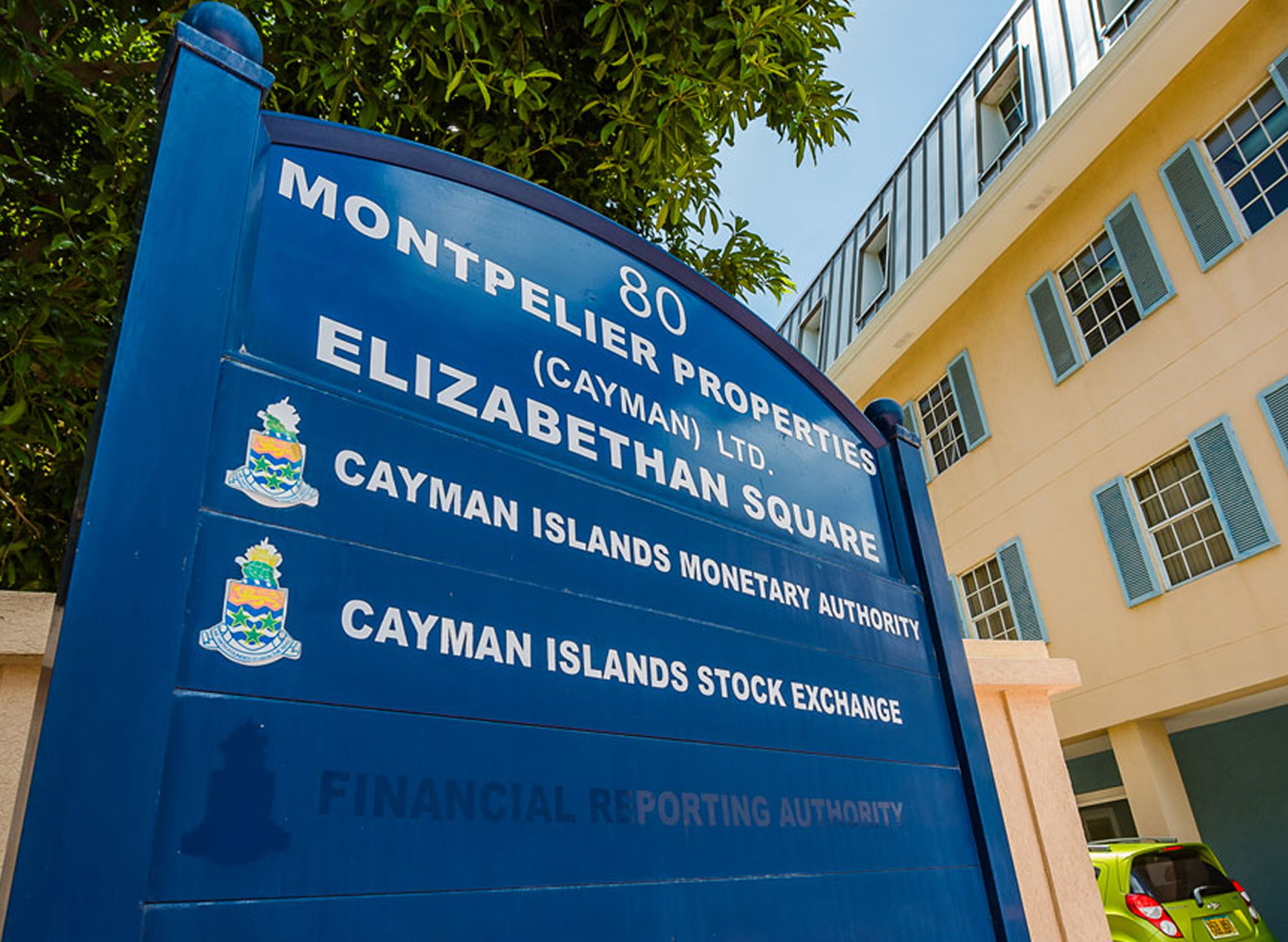 By Preetha Pillai and Vanessa Ng, CONYERS
By Preetha Pillai and Vanessa Ng, CONYERS
The introduction globally of travel restrictions and containment measures arising from Covid-19 has significantly disrupted business, including creating logistical issues in closing corporate or financing transactions or holding board and shareholders’ meetings. This article looks at the flexible and enabling legislation in Bermuda, the British Virgin Islands (BVI) and the Cayman Islands, which provides the tools for addressing these issues.
Electronic signatures
With an unprecedented number of people working remotely, parties are exploring different methods to execute contracts and sign board resolutions in a legal and binding manner. Some of these methods are not new — for instance, scanning (or faxing) copies of “wet ink” handwritten signatures and attaching these to a document — and are acceptable under Bermuda, BVI and Cayman law, but even these methods are of little assistance without access to a printer or a scanner; hence the increasing use of electronic signatures by using encrypted e-signature platforms such as DocuSign or Adobe Sign.
The primary meaning of “signature” is the writing of a person’s name on a document in ink with the intention of demonstrating that person’s agreement to the contents. So, does an electronic signature bind the signatory to the terms of the document in the same way that a “wet ink” signature on a document would? In Bermuda, BVI and Cayman, the answer is yes1.
All three jurisdictions have enacted electronic transactions legislation that provides a framework for the use of electronic signatures and generally gives electronic signatures the same status as “wet ink” signatures. The legislation permits the use of electronic signatures except in relation to:
- wills or other testamentary instruments (Bermuda, BVI and Cayman);
- real property conveyances or transfers (Bermuda and BVI); and
- deeds (BVI only).
A common theme across the jurisdictions is the reliability test that must be met for an electronic signature to be valid. The Bermuda Electronic Transactions Act 1999 provides that (a) there must be a method to identify a signatory and to indicate that the signatory intended to sign or otherwise adopt the information in the electronic record; and (b) that method is as reliable as is appropriate for the purpose for which the electronic record was generated or communicated, in the light of all the circumstances, including any relevant agreement. This is echoed in the BVI Electronic Transactions Act, 2001 and the Cayman Electronic Transactions Law, 2003, which set out what is “reliable” for this purpose:
- the means of creating the electronic signature is linked to the signatory and to no other person;
- the means of creating the electronic signature was under the control of the signatory and of no other person;
- any alteration to the electronic signature made after the time of signing is detectable; and
- where a purpose of the legal requirement for a signature is to provide assurance as to the integrity of the information to which it relates, any alteration made to that information after the time of signing is detectable.
Board and shareholders’ meetings
With the current travel restrictions and quarantine measures, physical meetings of the board and shareholders are generally not permitted for the time being. With advances in technology, companies and their directors will want to look instead at holding such meetings “virtually” — or at least by holding a hybrid meeting, originating at one or more physical locations and linked by way of video or web conferencing (or similar), where shareholders are permitted to attend online.
Bermuda, BVI and Cayman Islands law do not prescribe where meetings of the board or shareholders must be held or require that physical meetings must be held. Indeed, the Bermuda Companies Act 1981 and the BVI Business Companies Act 2004 specifically contemplate participation in board and shareholder meetings by telephone or other electronic means, subject to the relevant company’s constitution, while the Cayman Companies Law is silent on this point. A detailed review of the company’s constitution would therefore have to be undertaken to consider if the existing provisions are sufficient to permit hybrid meetings and if any amendments to the constitution are required.
Smaller companies could consider passing written resolutions of the directors or shareholders, where permitted by their constitution. Subject to their constitution, these resolutions may be executed by electronic signature and in counterparts.
Conclusion
While the Covid-19 pandemic has created many challenges globally, it has also created opportunities for Bermuda, BVI and Cayman companies to embrace technology and enable more efficient remote working conditions. Befitting their status as international business centres, Bermuda, BVI and the Cayman Islands have the legal infrastructure in place to permit companies to harness current technology to continue their day-to-day operations safely and effectively during these exceptional circumstances.
_______________________________
1. Assuming (a) there is no restriction in the constitution of the company in question and (b) this is permitted under the governing law of the document to be entered into.
_______________________________
![]()
Preetha Pillai
E: Preetha.Pillai@conyers.com
T: (65) 6603 0707
Vanessa Ng
E: Vanessa.Ng@conyers.com
T: (65) 6603 0705





















 Conyers
Conyers Christopher Bickley
Christopher Bickley




